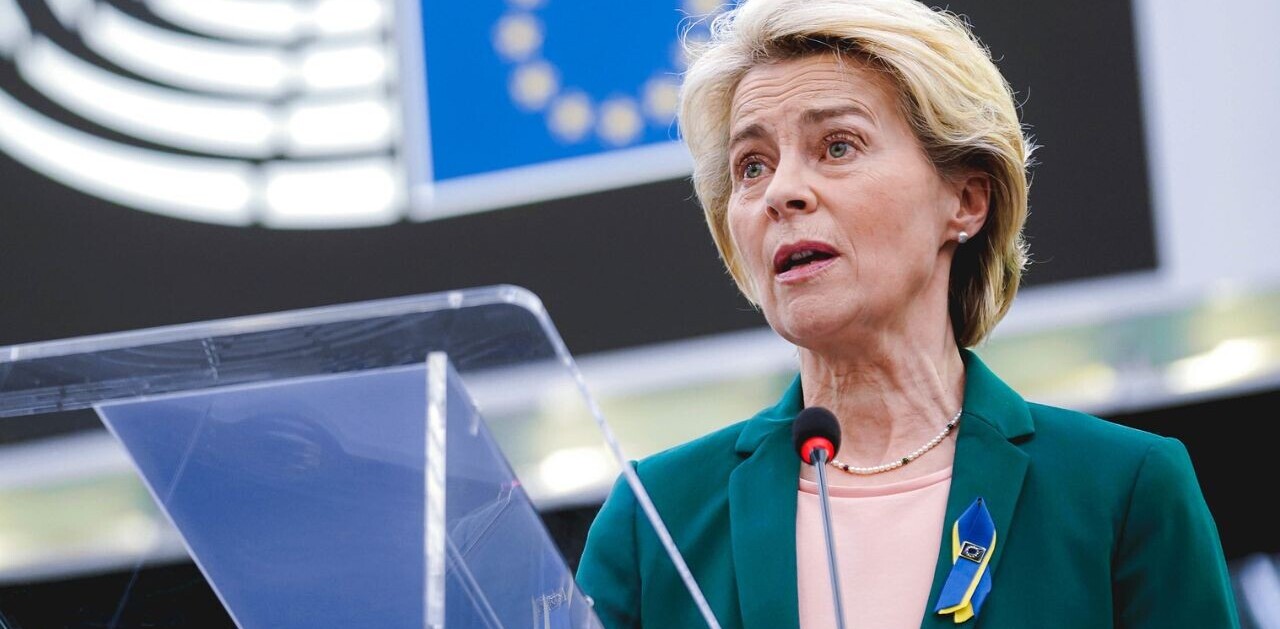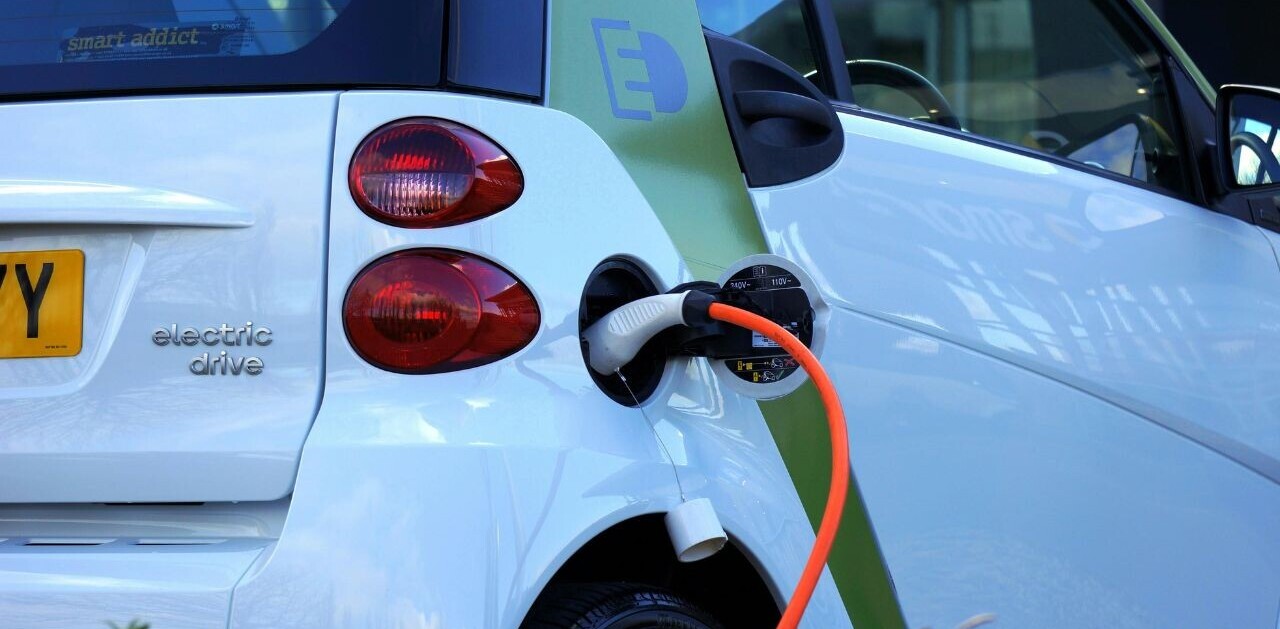
 Our friend Marshall Kirkpatrick has written a nice post over on ReadWriteWeb laying out his thoughts on why people check in. The post below, originally posted on LocationMeme, continues this conversation.
Our friend Marshall Kirkpatrick has written a nice post over on ReadWriteWeb laying out his thoughts on why people check in. The post below, originally posted on LocationMeme, continues this conversation.
The backlash against social check-in services like Foursquare, Gowalla, BrightKite, Rummble, Yelp, PlacePop, etc. is beginning.
A few days ago, BusinessWeek proclaimed that check-in type services have “limited appeal.” Last week, Andrew Hyde of TechStars committed Location Based Service Suicide. And here on LocationMeme, my colleague Chad wrote a compelling piece on the “creepy line” that comes when you combine the web’s broad definition of friending with location.
So why on earth would anybody want to share their location?
Let me take a shot.
Self Expression
Just like the clothes you wear and the music you listen to, the restaurants, coffee shops, and bars that you frequent are reflections of your personality. I remember way back in the Dodgeball days, I hacked together a little widget using the RSS feed of my Dodgeball checkins and put it on my various blogs. This widget wasn’t particularly useful, but in some way, it expressed an aspect of my personality, a little slice of how I wanted the world to view me.
This concept of self expression as a motivation to publish is something that we’ve seen over and over again. Widgets, Facebook Quizzes, Compatibility Tests – many of the most popular social applications hinge on allowing users to express themselves to their friends and the world at large. Checking in is no different.
The Passive Invite
I’ve been living in San Francisco for more than ten years now. My social circle has gotten pretty big – people from the neighborhood, people from my hoops teams, people from the industry, etc.
In many ways, a public check-in is a sort of passive, one to many invite to a big group of people. It’s a “hey, I’m out and about if anybody wants to join” blast with no planning required, no possibility of rejection, and no social pressure for anybody to actually come.
It’s an ultra lightweight evite, and for me, one that fills a unique need.
The Diary
From travel diaries, to trip reports, to Captain’s Logs, to flight records, keeping track of the places you go is an existing behavior that for whatever the reason, has not yet crossed over to the area of everyday, social outings. I see this sort of usage pattern as related to what I describe as “the golden age of scrobbling.” While there can be value in analyzing your own historical check-in data (you can imagine a service built on the Foursquare API which tells you how adventurous you are, or one that matches you with similar people, or one that recommends new venues), for some, just keeping track is motivation enough.
“Don’t You Forget About Me”
One of the few mistakes that Foursquare made in its earliest release was the decision to put walls up between cities. A few months ago, a Las Vegas check-in would not have been seen by a user’s San Francisco friends.
And logically, you can see why Foursquare would have made this call. From the perspective of the person checking-in, there is no practical to reason to use Foursquare when you are in a different city. How can your friends possibly meet up with you?
But Foursquare ended up rethinking this. Why? Because despite the lack of any practical reason, people do like checking in while they are out of town, as well as seeing the check-ins of their traveling friends. From the perspective of the person checking in, it may be as simple as a “Don’t You Forget About Me” shout out to their friends (or perhaps a “aren’t you jealous that I’m traveling and you’re not” jab).
Check-Ins: The Missed Connections Killer
My dream for the mobile web has always been as a way to facilitate real world connections. I remember having this conversation with somebody while sitting at Dolores Park in San Francisco a few months back with probably more than a thousand other people scattered all over the park’s hilly face. “How many of these people do we know?” I asked. “How many of these people would we be happy to see if we knew that they were here?”
The ability to answer these questions via social check-ins is already starting to become a reality. If you check in with Foursquare, the “people” tab lets you see who else is in the same venue as you, whether or not you are friends with that person or not.
So there you have it. Five concrete reasons why you might find yourself rudely whipping out your phone while walking into a bar or restaurant.
Thanks to StatusThis for the cartoon, and please let me know if there are any reasons that we missed.
Get the TNW newsletter
Get the most important tech news in your inbox each week.




